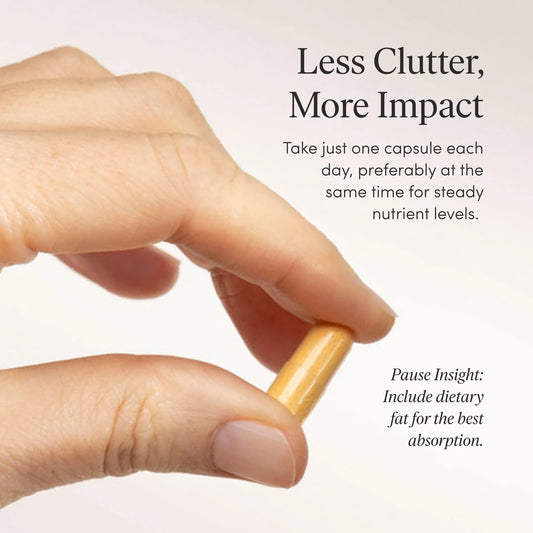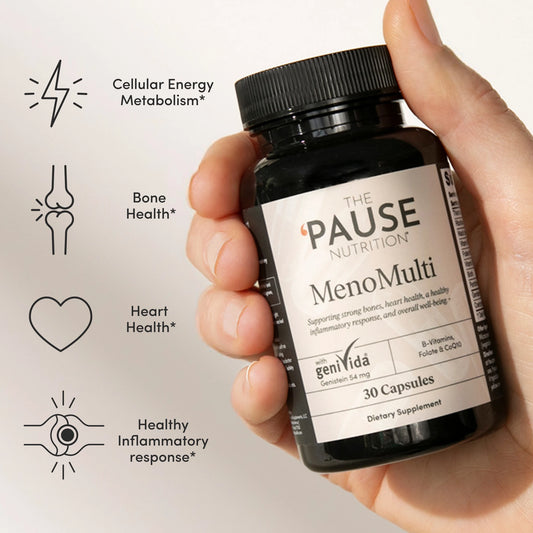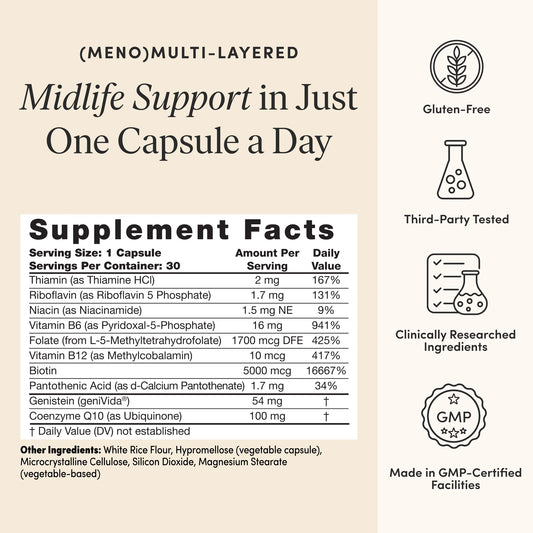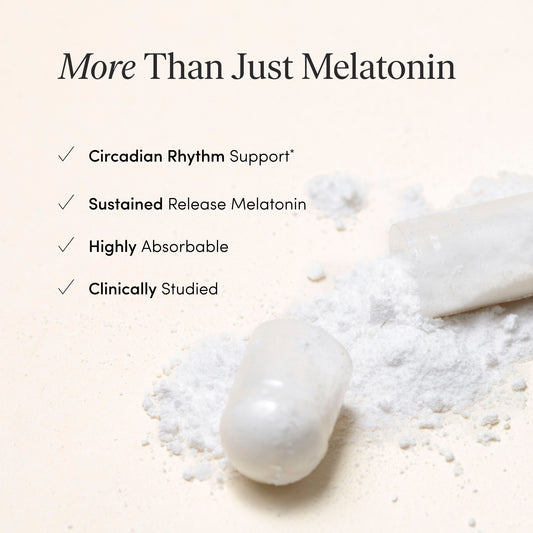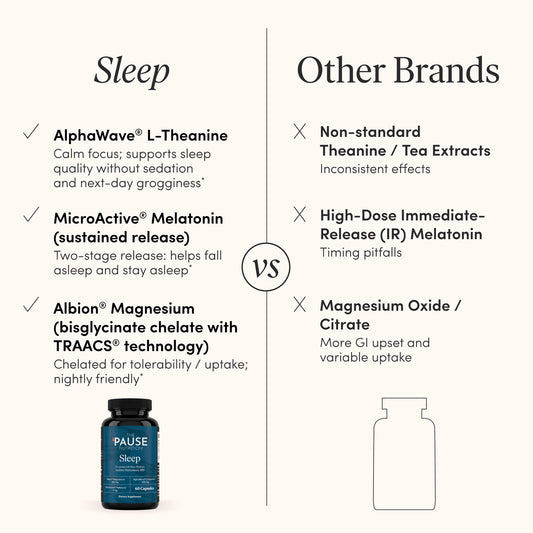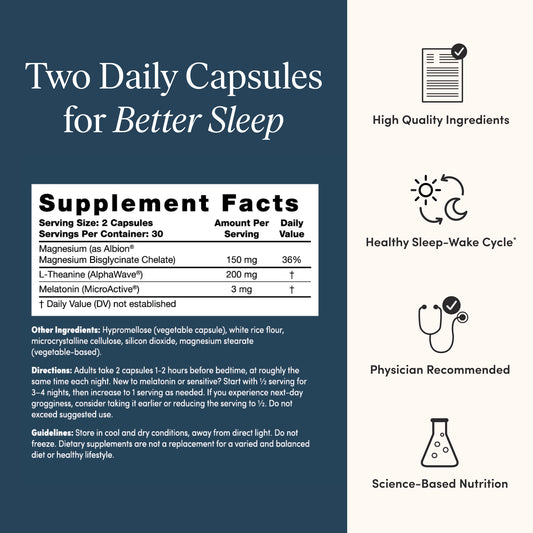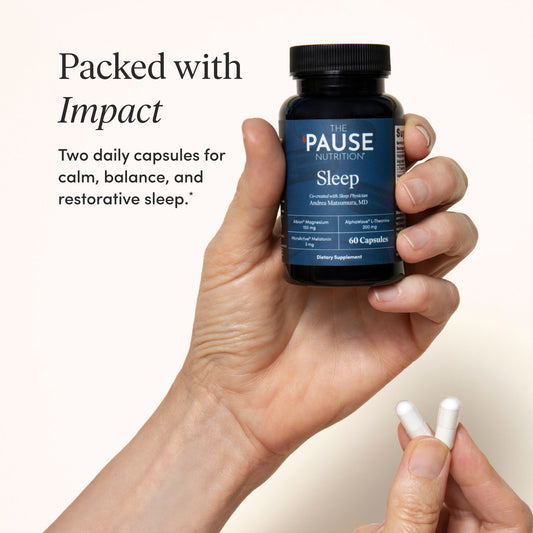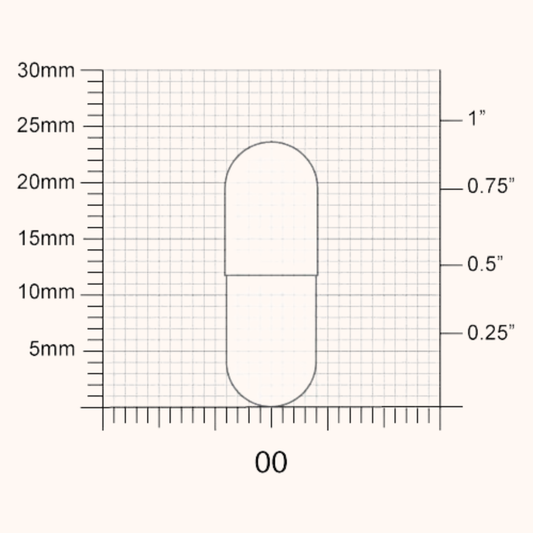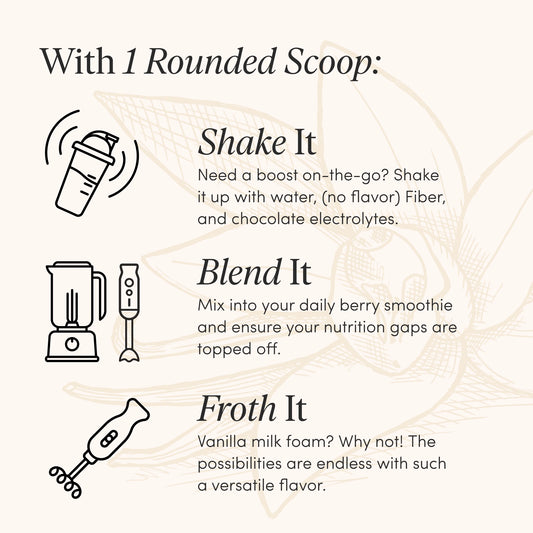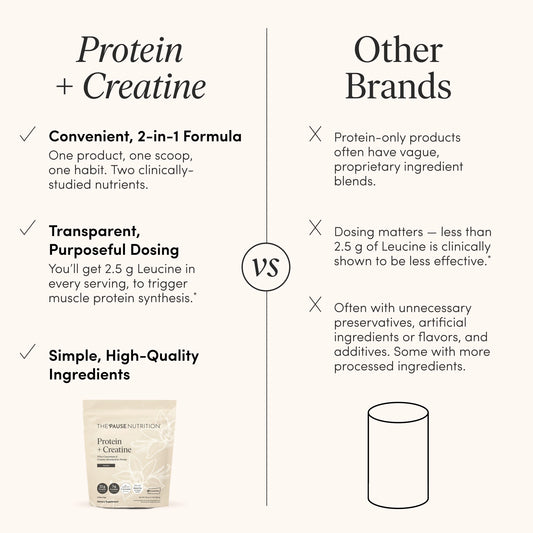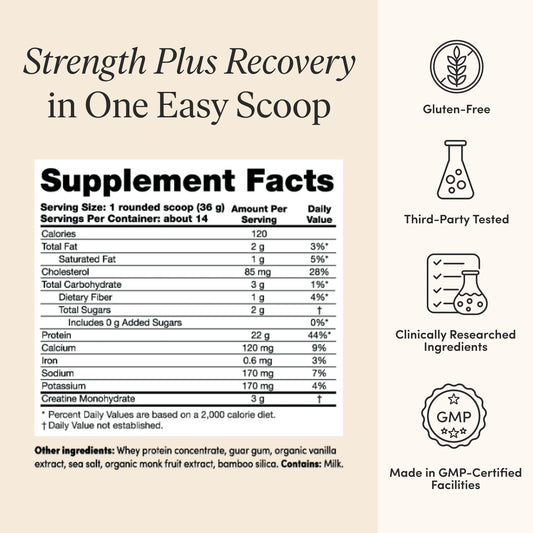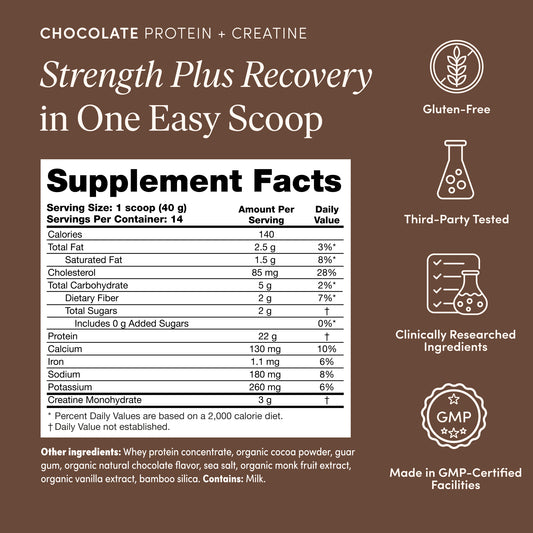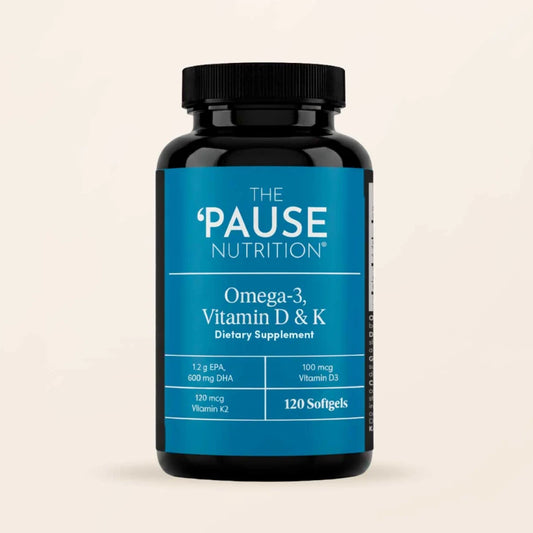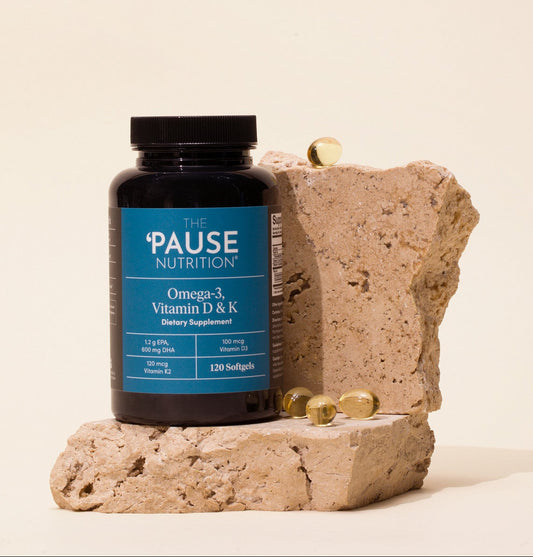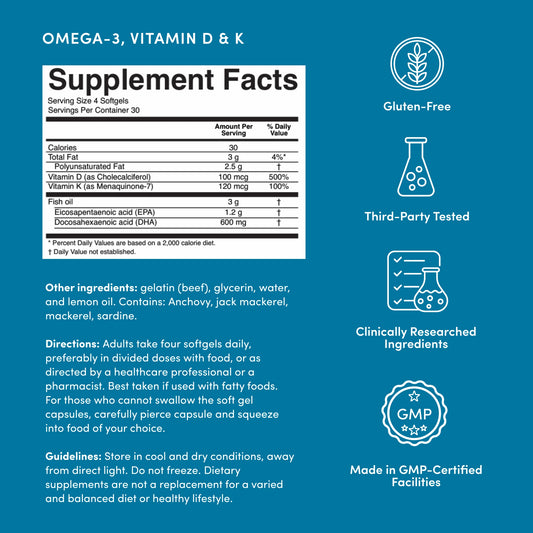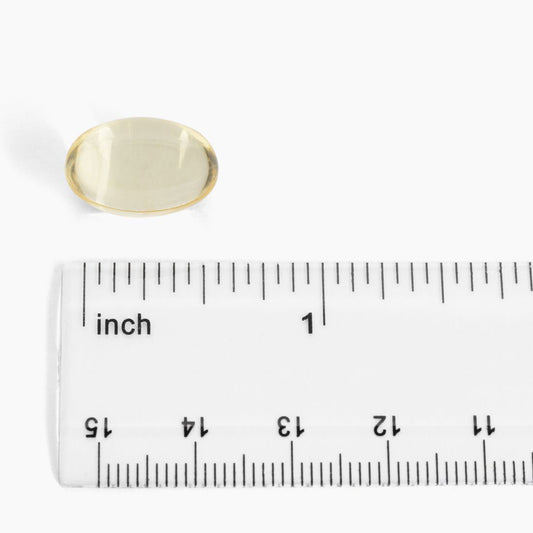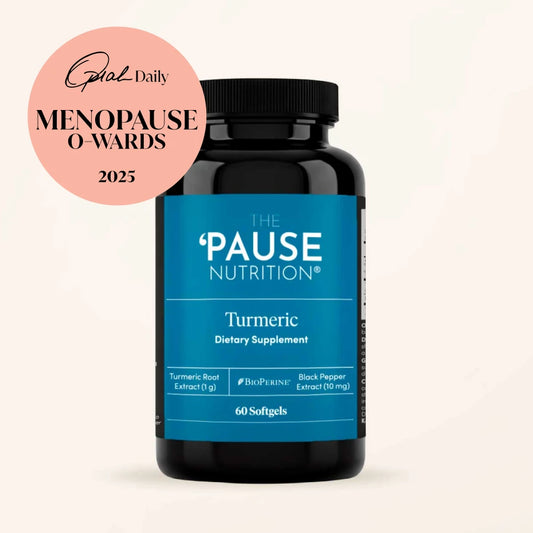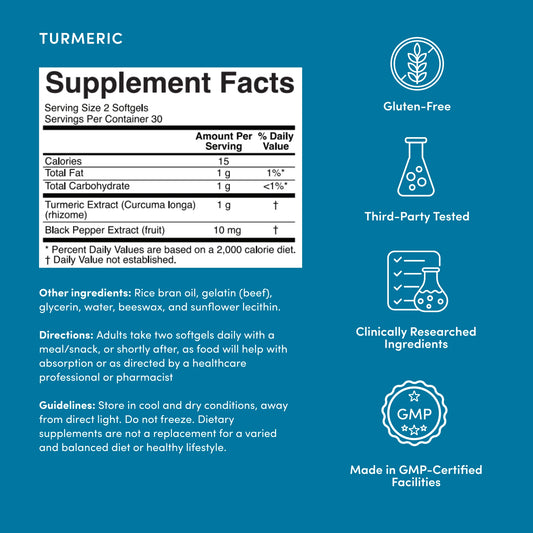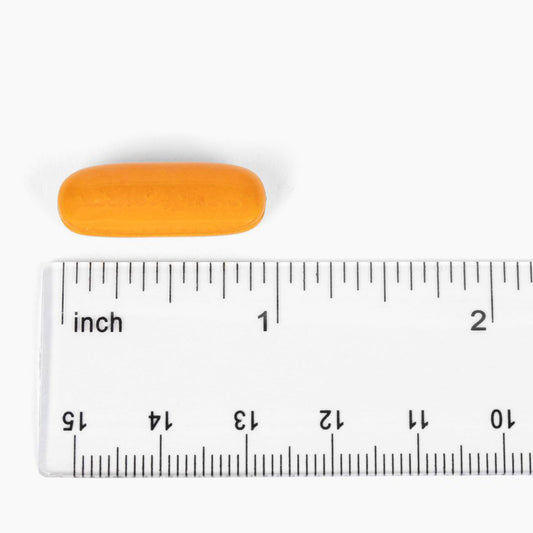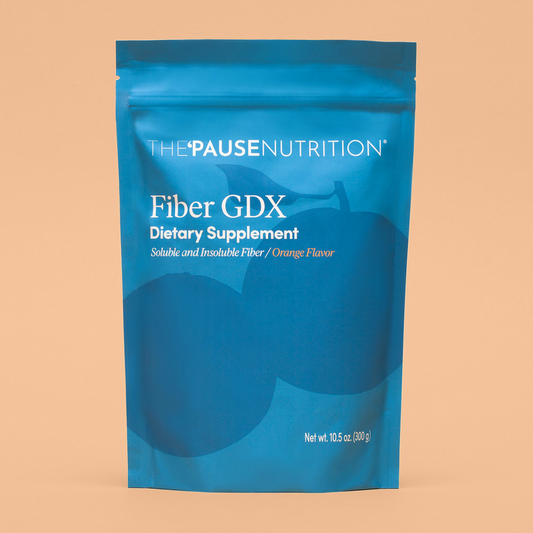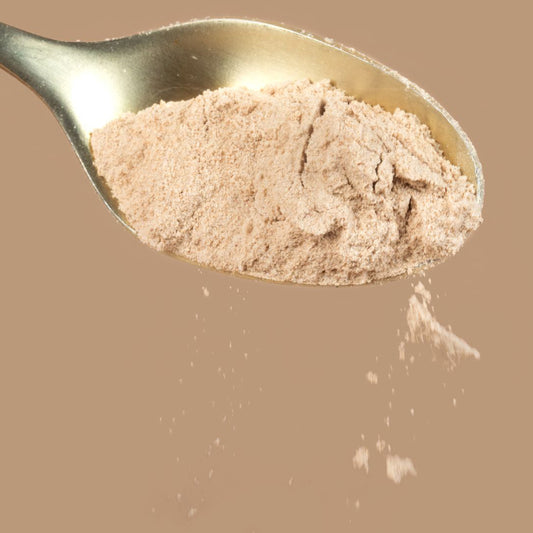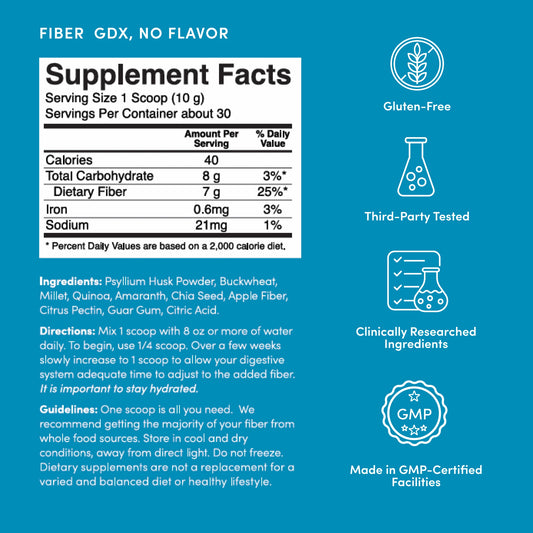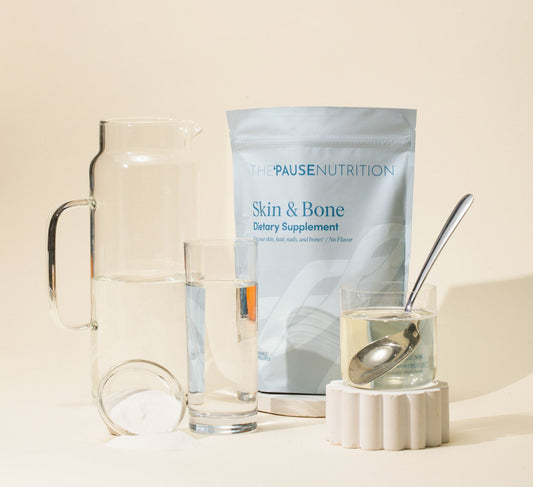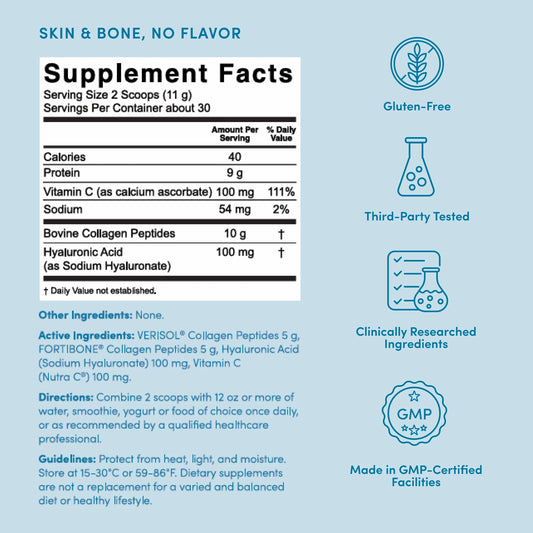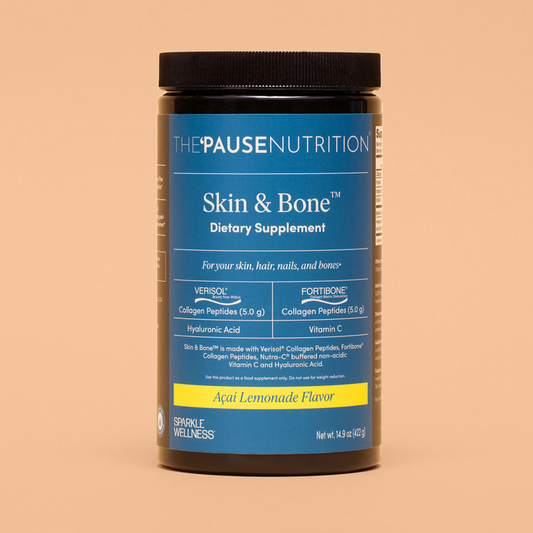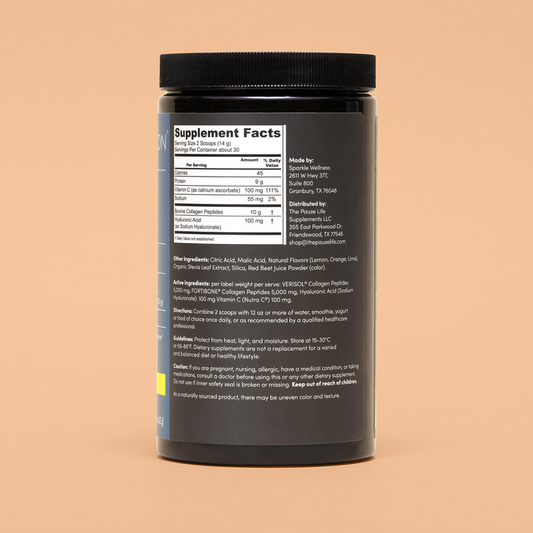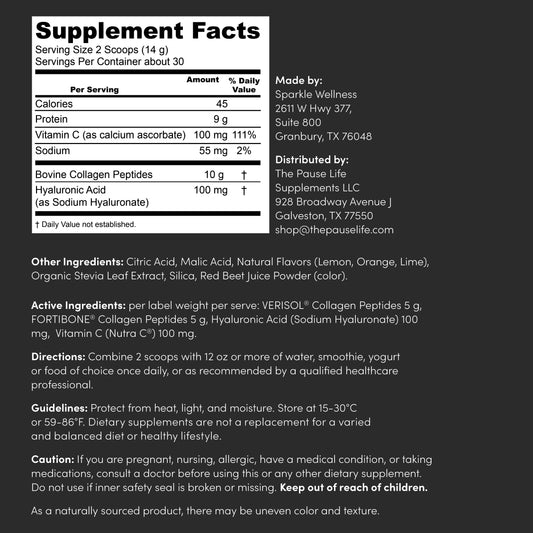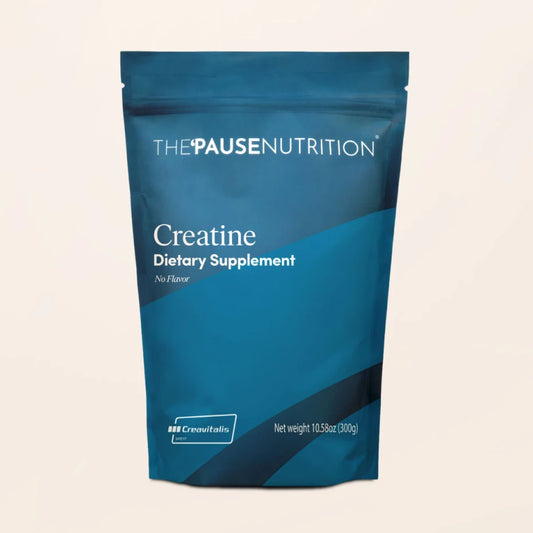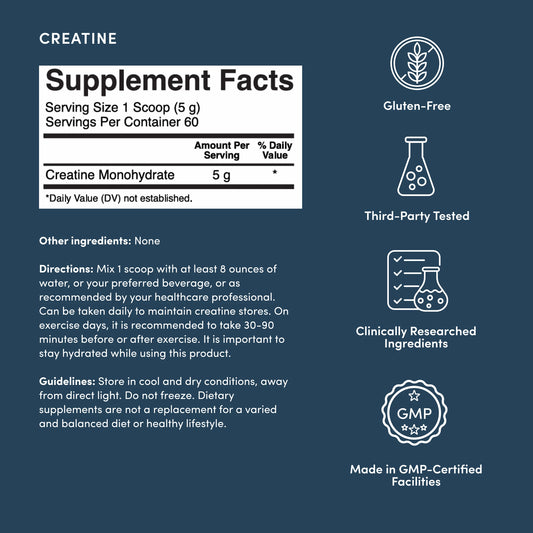Mood Swings, Rage and “Not Feeling Like Myself”: It’s Not All in Your Head

Share
Out of all the changes that happen when the menopause transition kicks in, there’s one category we don’t talk about nearly enough. It’s the mood changes that 70% of women experience.1Maybe that’s not surprising since mental health seems to be as difficult to discuss as menopause.
These psychogenic changes of menopause might include:
- Irritation
- Depression
- Mood swings
- Anxiety
- Sadness
- Rage
I’m here to tell you that what you’re feeling is real. For me, menopause brought a much lower tolerance for other people’s BS and creating better boundaries helped me cope. Some menopausal women start to feel depressed and unmotivated. But for others going through this transition, the most profound new mood is anger that turns into a simmering rage. Unfortunately, many women don’t know why this is happening and it can get directed at intimate partners or coworkers.
The reasons for this anger are layered, and sometimes it erupts after many years of resentment over putting everyone else’s needs first. But the reasons anger, depression and mood swings surface during perimenopause and menopause can be linked to extensive hormonal changes.
Why am I feeling this way?
We have many hormones that start to shift during menopause, but the main player in flux is estrogen. We have estrogen receptors all over our bodies: in our gut, muscles, skin and brains. Estrogen helps regulate many brain processes including body temperature, stress response, cognition and emotional control.2Neuroscientist Lisa Mosconi equates when brain estrogen levels start to fluctuate and decline in perimenopause to a renovation project happening on the brain. As the brain readies itself for the next phase of life, it undergoes structural changes. And, if you’ve ever had any remodeling done on your home, you know how chaotic that can be.
In a recent study, Mosconi and a team of researchers at Weill Cornell Medicine discovered that the density of estrogen receptors increases as women move from premenopause to perimenopause and post menopause.3Among postmenopausal women, they found that higher estrogen receptor density in the thalamus was associated with depressed mood, while increased density in the prefrontal cortex and hippocampus was linked to lower cognitive scores. Meanwhile, the team is still looking into how estrogen menopausal hormone therapy might affect receptor density, cognitive function and mood.
And when estradiol (the most potent form of estrogen) declines it also causes chemical changes that affect the brain’s supply of important neurotransmitters including serotonin, dopamine and glutamine. Here’s more detail on each one:
- Serotonin is often called the feel-good hormone as it helps regulate mood, learning, appetite and sleep. Most of our serotonin is produced in the gut when we eat enough food with tryptophan, which the body needs to make it. But when estrogen levels are low, serotonin declines also, which can lead to depressed mood, anxiety and impulsive feelings of aggression or anger.4
- Dopamine is associated with the reward and motivation system, where it helps reinforce behaviors as well as cognition, focus, executive functioning and emotions. Estrogen affects creation of dopamine, as well as how efficiently it's used. We know low dopamine is associated with depression.5
- Glutamate is called the master neurotransmitter because it helps power the brain’s electrical system and the firing of nerve cells. It also plays a role in regulating moods, cognition and brain development. Low glutamate levels are linked to depression, and low energy.6
Cortisol, the stress hormone, also changes during the menopause transition. It can have an inverse relationship with estrogen, so when estrogen is low, cortisol levels rise. Researchers have documented that overnight cortisol levels tend to rise during later stages of menopause, and cortisol spikes 15 minutes after a hot flash.7,8 Progesterone is also important as it keeps cortisol balanced. Higher cortisol levels can lead to feelings of anxiety, racing thoughts that can make it hard to concentrate, disturbed sleep and or anger, according to Dr. Louise Newson, a hormone specialist who sits on the UK’s government's Menopause Task Force. Over time, elevated cortisol levels contribute to gaining abdominal belly fat.9
In her book The Menopause Brain, Mosconi points out that menopausal brain changes can be positive too: postmenopause is associated with more emotional empathy, as well as higher cognitive empathy, meaning they understand why other people act as they do.10,11 And some women can understand themselves better and have more self-compassion.12
But the process of reaching that point can be challenging, so here are some ways to help you cope with the mood changes that menopause can bring.
How to Manage Menopause Moods
For me and many of my patients, managing the mood changes of menopause comes down to a comprehensive approach that can include lifestyle habits, menopausal hormone therapy (MHT) and antidepressants if needed to address an underlying condition.
When women in the menopause transition seek help for symptoms like depression and mood swings, it’s very likely the clinician's first move will be to write a prescription for an antidepressant, such as an SSRI. There’s a growing concern that antidepressants are being overprescribed to menopausal women.13
In fact, for women between the ages of 45 and 64, the use of antidepressants doubles, and women ages 45 to 54 were more likely to be prescribed an antidepressant compared to men of the same age.14 Antidepressants can help ameliorate some symptoms like low mood, anxiety and hot flashes. And just to be clear, I’m not a psychologist, so if you have persistent low mood, depressed feelings or anger, definitely consult a mental health specialist.
Menopausal Hormone Therapy (MHT)
What concerns me is that these same women are rarely offered hormone therapy, which is often just as effective at lifting mood – and MHT also protects the cardiovascular system, bones and brain. A 2025 study by Cambridge University researchers found that MHT can help ameliorate menopausal depression and mood symptoms. Researchers had 920 perimenopausal and menopausal women taking hormone therapy (including transdermal bio-identical estradiol, progesterone and testosterone). After 107 days, women reported a significant 44% decline in depression as well as improved mood.15 Those taking estradiol, progestogen and testosterone reported slightly higher improvement.
Meditation
I knew mediation was beneficial, but I didn’t really understand how profound it could be until I began dealing with my own menopause symptoms. Though people have practiced meditation for thousands of years, modern studies are showing us why it’s effective for focus and calm. In a Canadian study, women who completed an eight-week meditation and yoga program reported lower stress and depressive symptoms along with better sleep and more resilience.16 A 2023 study found that mindfulness meditation lowered stress in menopausal women, though more studies were needed to examine the role in anxiety and depression.17 If you’re interested in trying out meditation, apps like Headspace and Calm make it easy to get started.
Exercise
Numerous studies document that physical activity is an effective way to banish symptoms of depression. A recent meta-analysis found that for pre- and post-menopausal women, low- and moderate-intensity exercise significantly reduced depressive symptoms.18 However, exercise reduced anxiety only for the post menopausal women. Another detailed 2024 study noted that while aerobic and multicomponent exercises had a positive effect on depression in post-menopausal women, mind body exercises like yoga, Pilates and tai chi were most effective at lessening depression symptoms.19 And when it comes to anxiety symptoms, only aerobic and mind body exercises were effective.
Sleep
Prioritizing sleep is crucial for being able to keep our emotions and moods balanced. This is when the brain recharges and repairs itself and clears out toxins. If you’ve been feeling stressed or down, I urge you to start by committing to a healthy sleep routine. Get bright sunlight in your eyes early in the morning, limit or avoid caffeine in the afternoon, finish dinner at least three hours before bedtime, and let your mind start to unwind by getting off your phone and tablet at least two hours before bed. Pay attention to how that glass of wine with dinner affects your sleep. You may decide to give up alcohol altogether. Oral micronized progesterone provides some benefits to sleep, so taking it an hour before bed helps ensure I get a good night’s rest.
Anti-Inflammatory Diet
Inflammation raises the risk of a host of health conditions, including symptoms of depression. And one of the most powerful ways to lower the risk of depression is by eating an anti-inflammatory diet.20 I encourage my patients to choose foods that will help them thrive during menopause. I recommend building nutritional habits built around colorful fruits and vegetables that are high in antioxidants, lean meats like salmon, turkey and chicken, fiber from beans and healthy fats like avocado and extra virgin olive oil. Researchers have found that eating a diet high in healthy fats and protein was linked to less anxiety and depression, while eating more carbohydrates had the opposite effect.21
Following these steps will go a long way to helping you feel better and happier as you move through the menopause transition.


















